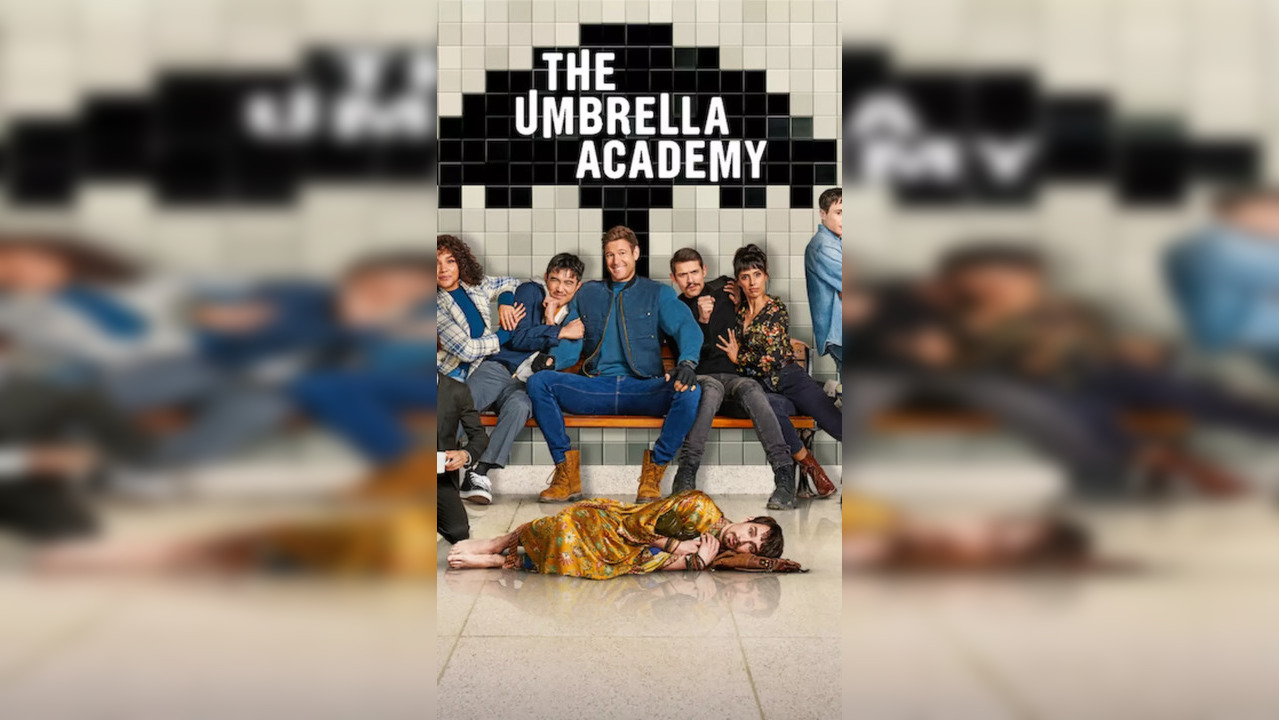
Review of Season 4 of The Umbrella Academy: A lukewarm conclusion to an epic drama
About The Umbrella Academy Season 4
After a rollercoaster ride of apocalyptic events and time travel escapades, the Hargreeves siblings return in the final season of The Umbrella Academy. Since its debut on Netflix in 2019, the series has been known for its wild, genre-bending storytelling and dysfunctional family dynamics that resonate with viewers. But as Season 4 progresses, it becomes clear that the series is struggling to offer a satisfying conclusion to its quirky saga.
The season begins six years after the dramatic events of the third season, in which the Hargreeves family escaped another apocalypse. Now the siblings must grapple with a new reality: they lead normal lives, free of their superpowers, and adjusting has proven to be as challenging as you would expect. Viktor (Elliot Page) runs a bar in Canada and has less success with personal relationships than he had hoped. Allison (Emmy Raver-Lampman) struggles with a career without an end and as a single mother, and Klaus (Robert Sheehan) has been compulsively cautious since his sobriety. Meanwhile, Lila (Ritu Arya) and Diego (David Castañeda) try to keep their family together in the chaos of parenthood.
The central conflict of the final season comes from a new villainous faction called “The Keepers,” led by Gene and Jean Thibodeau (Nick Offerman and Megan Mullally). This group of conspiracy theorists is obsessed with correcting their “false” timeline, fueled by various artifacts from the Hargreeves’ past lives. Their quest threatens the fragile peace the siblings have found, drawing them back into a familiar cycle of dysfunction and world-saving.
The season continues to explore the core themes of the series: family, generational trauma and the complexity of heroism. The Hargreeves siblings remain likable and relatable despite their mistakes and arguments. Their interactions and the continued development of their relationships are a testament to the strong performances of the cast. Particularly noteworthy is Aidan Gallagher as Five, who brings depth to his role that has shaped the character over four seasons.
The final season, however, struggles with significant narrative problems. The new antagonist’s motives and methods seem somewhat disjointed and lack the impact of previous villains. The plot is full of unexpected twists, but these often overshadow the emotional depth that previously characterized the series. Major character arcs remain unresolved and some of the most anticipated storylines feel rushed or poorly executed.
The finale in particular seems to struggle to tie up the series’ complex storylines in a way that does justice to the characters’ adventures. The emotional resonance the series has built over its run is overshadowed by a focus on spectacle and unexpected plot developments that feel more like fan service than meaningful closure.
In terms of entertainment The Umbrella Academy Season 4 delivers the wacky humor and thrilling drama that fans expect. The series maintains its signature mix of absurdity and emotional moments, making it an entertaining experience for anyone who enjoys its unique style. However, for viewers expecting a satisfying resolution to the characters and storylines that have kept them interested, the final season may be disappointing.
In summary, while The Umbrella Academy season 4 offers many of the quirky escapades and family dynamics that characterize the series, it struggles to bring the story to a satisfying conclusion. The season entertains with its trademark chaos, but ultimately leaves many questions unanswered and character arcs unresolved.
End of article
